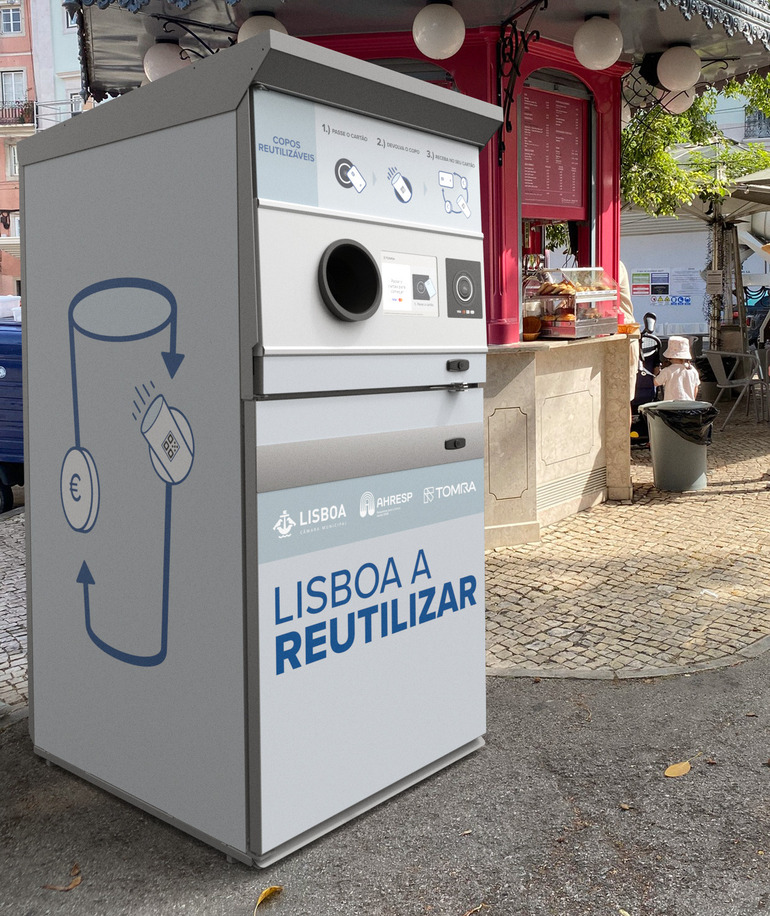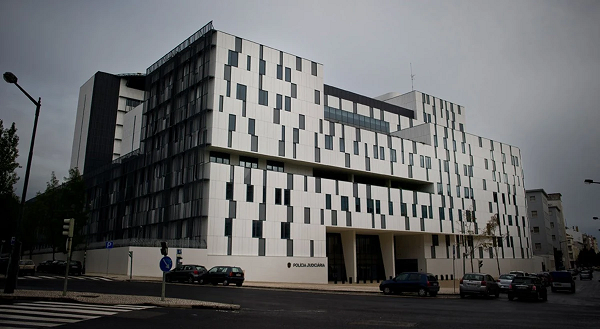Strategic commercial planning to avoid store homogenization and promote diversity is among the priorities identified for Lisbon's local commerce, where 55% of the commercial fabric is represented by micro-enterprises.
This conclusion stems from the 2024 public participation process on local commerce in Lisbon, conducted by the municipal council. Actions included expert roundtables, an online survey with 2,084 valid responses, and four participatory sessions with consumers and merchants.
"The public consultation highlighted the central role of proximity commerce in Lisbon's urban life," stated the council in the report released this Wednesday.
From the feedback received, the municipality outlined five key priority areas for action:
- Requalification of public spaces and promotion of pleasant and safe commercial zones.
- Effective support for the digitalization and modernization of small businesses.
- Valuation of historical and traditional commerce, with specific incentives.
- Strategic commercial planning to avoid store homogenization and promote diversity.
- Enhanced coordination between the Lisbon Council, merchants, and associations, with permanent communication channels.
The first roundtable in February 2024 focused on revitalizing commerce in Lisbon's downtown, with recommendations including improved urban cleanliness, lighting, surveillance cameras, subsidies for historic stores, measures against real estate speculation, and parking management.
A May roundtable on "proximity economy: challenges and solutions" saw sector representatives advocating for commercial zoning by neighborhood to ensure diversity, control over shop conversions into hotels, and combating illegal street vending.
The online survey revealed that 66% of merchants started their own businesses, with 78% renting their premises. Restaurants, beverages, and clothing are the main sectors, and 55% of establishments are micro-enterprises with fewer than five employees.
Sociodemographic data showed 58% of merchants are men, mostly aged 45-54, with 85% Portuguese nationality. 61% hold higher education degrees, reflecting a highly qualified participant pool.
Merchants identified urban hygiene and safety, rent values and contractual instability, unfair competition, and lack of digitalization support as main challenges.
The full report is available here.




























Comments
Join Our Community
Sign up to share your thoughts, engage with others, and become part of our growing community.
No comments yet
Be the first to share your thoughts and start the conversation!